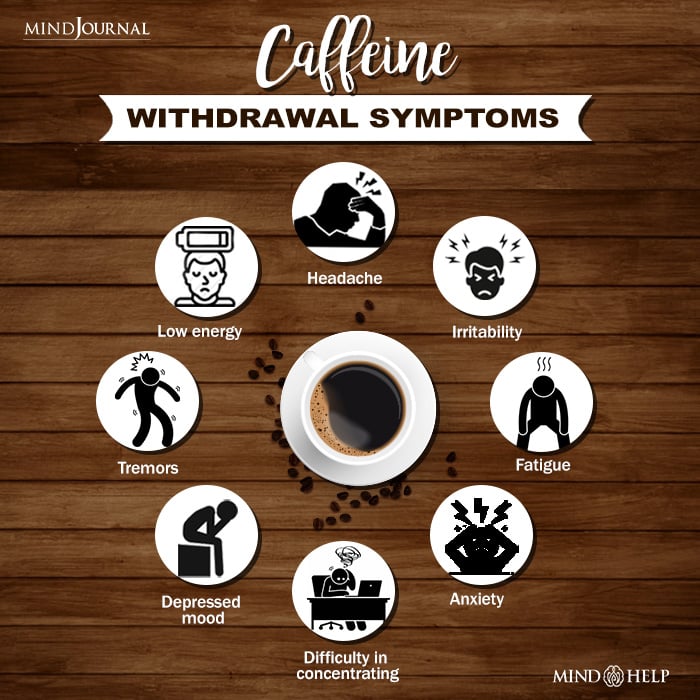

At baseline Pittsburgh Sleep Quality Index was 5.8 ± 2.5 and HIT-6 was 62.8 ± 3.9.

The average monthly headache days and migraine attack frequency at baseline was 11.5 ± 4.9 and 5.2 ± 1.2, respectively. The average consumption of caffeine per day was 539 ± 196.3 mg. Ten subjects with a mean age of 46.3 ± 9.9 years, BMI of 24.9 ± 3.7, and a mean blood pressure of 134/83 ± 17/12 mmHg were enrolled. Results: The study was terminated due to low recruitment. Participants substituted their estimated dietary caffeine with either placebo capsules or capsulated caffeine tablets for 5 weeks before switching the comparators for 5 more weeks. Methods: This was a randomized, double-blind, crossover study (NCT03022838), designed to enroll 80 adults with episodic migraine and a daily consumption of 300–800 mg caffeine. Objective: Assessing the effects of caffeine withdrawal on migraine.īackground: The effects of caffeine withdrawal on migraineurs are at large unknown.

5The Headache Centre, Guy's and St Thomas', NHS Foundation Trust, London, United Kingdom.4Headache Research, Wolfson CARD, Institute of Psychiatry, Psychology and Neuroscience, King's College London, London, United Kingdom.3University Hospital of Tromsø, Tromsø, Norway.2Institute of Clinical Medicine, The Arctic University of Norway, Tromsø, Norway.Alstadhaug 1,2 * Hilde Karen Ofte 1 Kai Ivar Müller 2,3 Anna P.


 0 kommentar(er)
0 kommentar(er)
